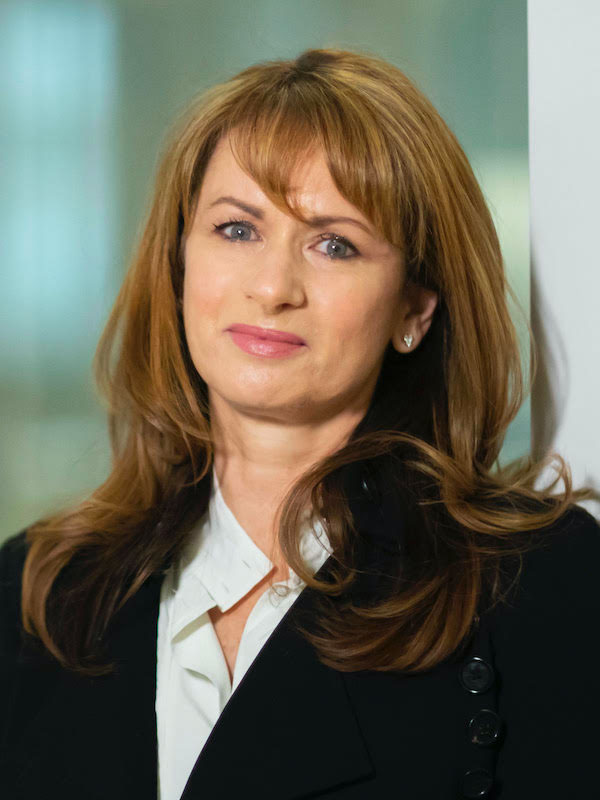Lynn Meskell is Penn Integrates Knowledge (PIK) Professor at Penn. She is Richard D. Green Professor of Anthropology in the School of Arts and Sciences, Professor in the Graduate Program in Historic Preservation at the Weitzman School of Design, and curator in the Middle East and Asia sections at the Penn Museum. Currently she serves as AD White Professor-at-Large at Cornell University. She holds Honorary Professorships at Oxford University and Liverpool University in the UK, Shiv Nadar in India and the University of the Witwatersrand, South Africa. Previously Lynn was the Shirley and Leonard Ely Professor of Humanities and Sciences in the Department of Anthropology at Stanford University. She is a Fellow of the Australian Academy of the Humanities. Over the past twenty years she has been awarded grants and fellowships including those from the Andrew W. Mellon Foundation, the National Science Foundation, the Australian Research Council, the American Academy in Rome, the School of American Research, Oxford University and Cambridge University. She is the founding editor of the Journal of Social Archaeology.
Lynn Meskell
Wolf Humanities Center Penn Faculty Fellow
2022—2023 Forum on Heritage
Lynn Meskell
Penn Integrates Knowledge University Professor; Richard D. Green University Professor, Department of Anthropology, School of Arts & Sciences and Historic Preservation, Weitzman School of Design; Curator, Middle East and Asia sections, Penn Museum
Beyond Repair: Heritage Humanitarianism from the Middle East to India
Since 2011 I have been engaged in an institutional ethnography of UNESCO World Heritage, tracing the politics of governance and sovereignty, and the implications for multilateral diplomacy, international conservation, and human rights. Employing archival and ethnographic analysis, my award-winning book A Future in Ruins: UNESCO, World Heritage, and the Dream of Peace revealed UNESCO’s early forays into a one-world archaeology and its later commitments to global heritage. Building on this research, I have two new projects in the Middle East and India. One examines the entwined histories of colonialism, internationalism, espionage and archaeology in the Middle East. This is coupled with a new largescale survey project in Syria and Iraq to assess public opinion on heritage destruction and reconstruction. The second centers on my fieldwork in India which explores the monumental ambition to conserve heritage sites and how diverse actors and agencies leverage the past to address the rights and needs of living communities.



